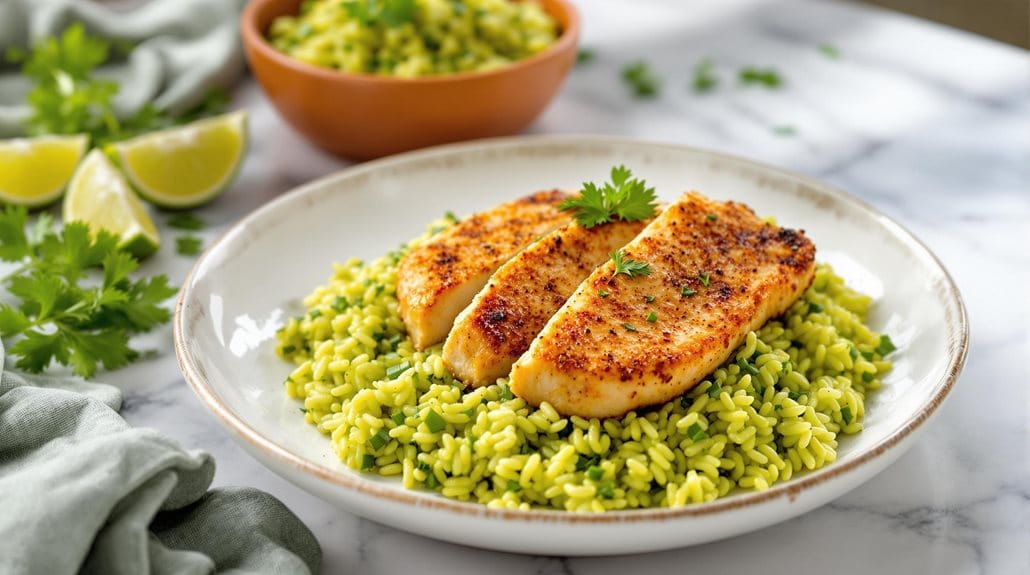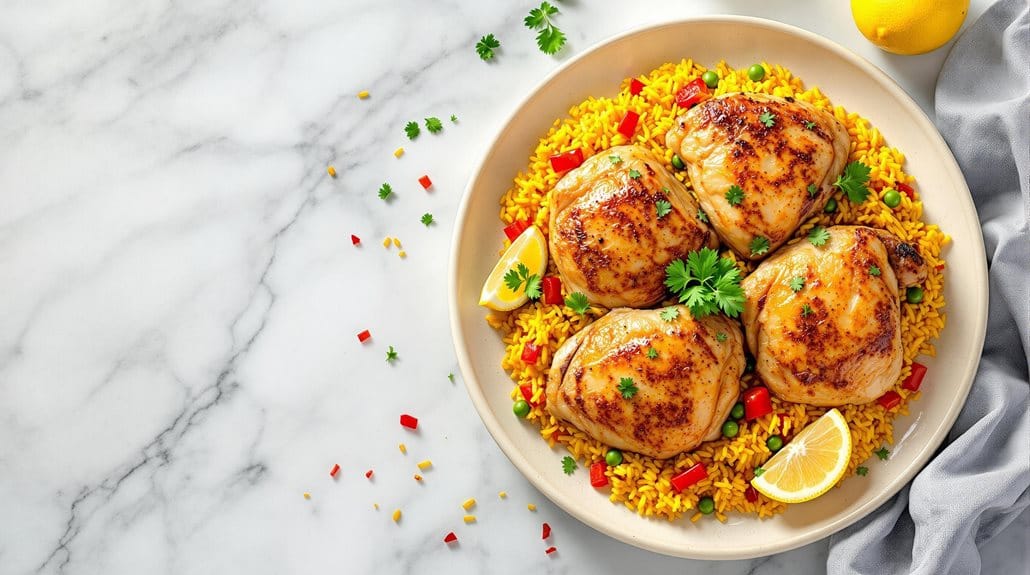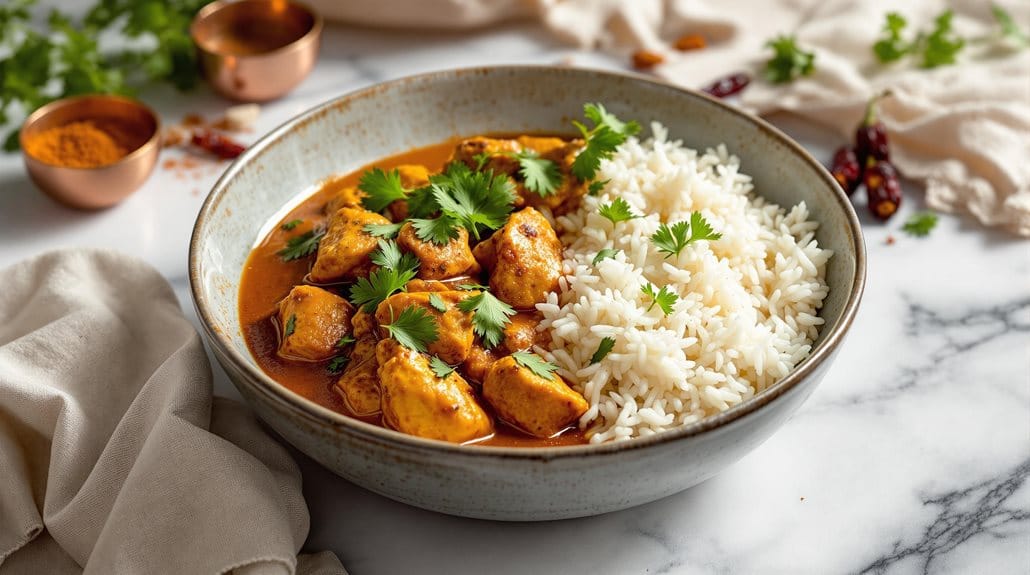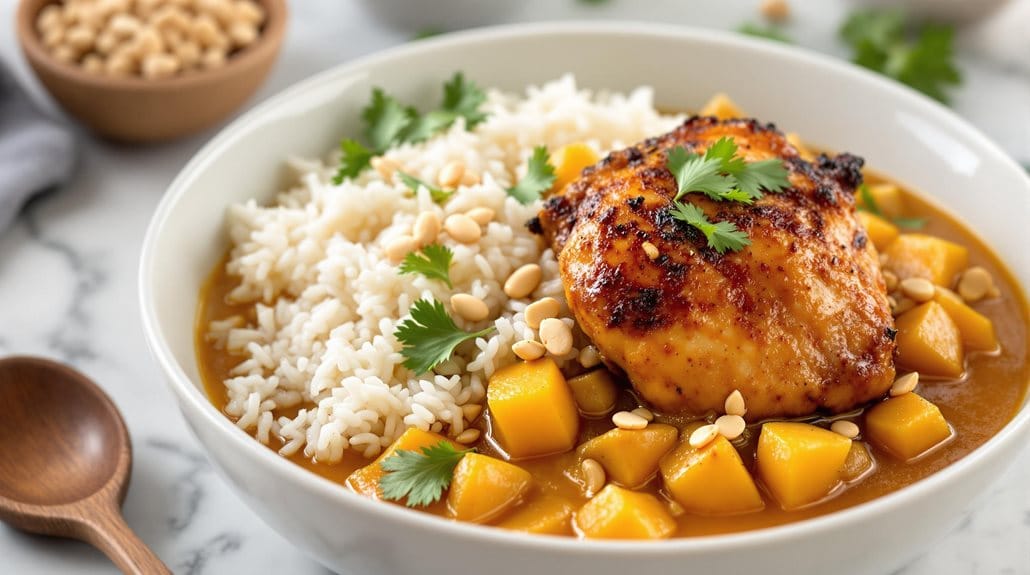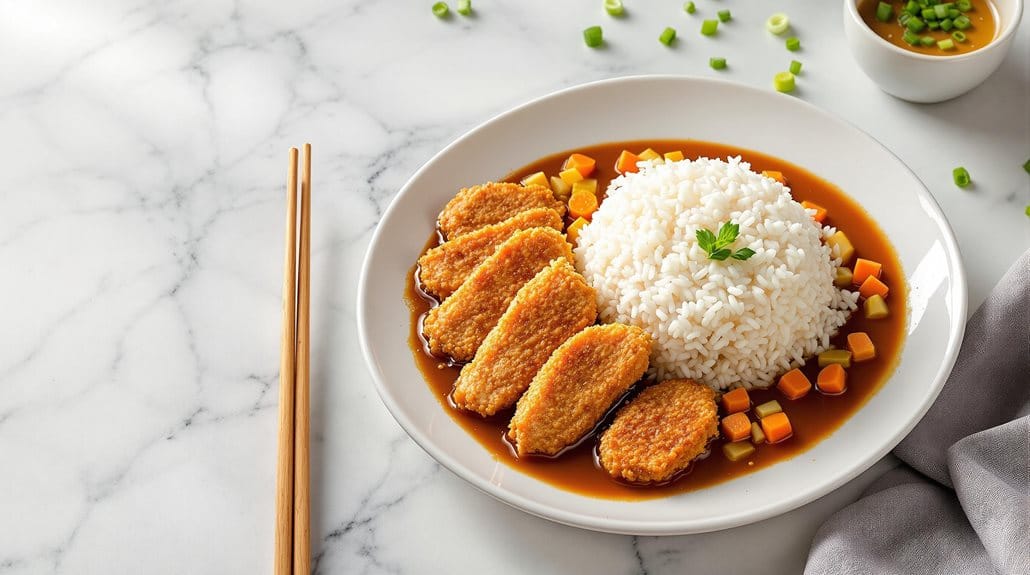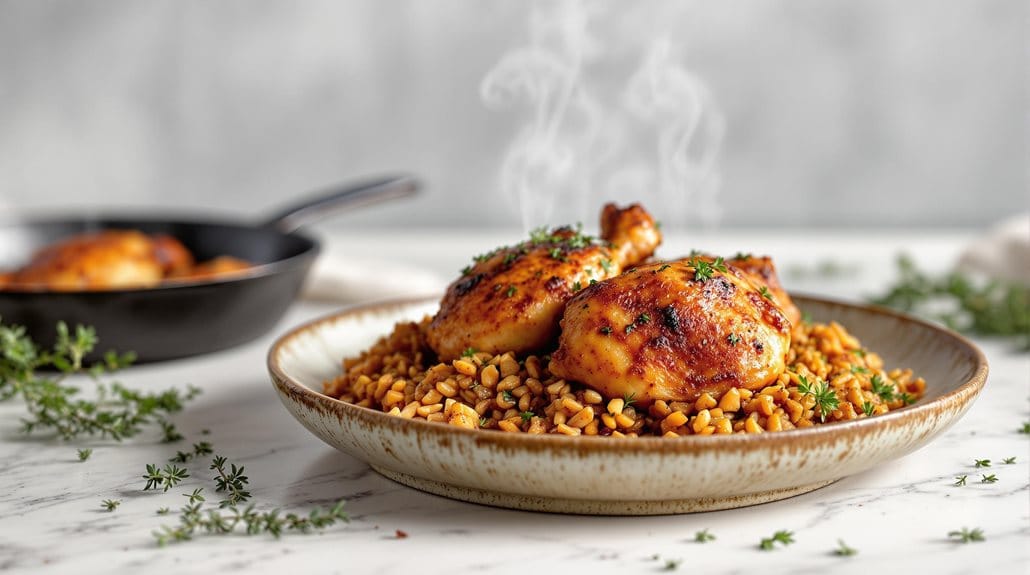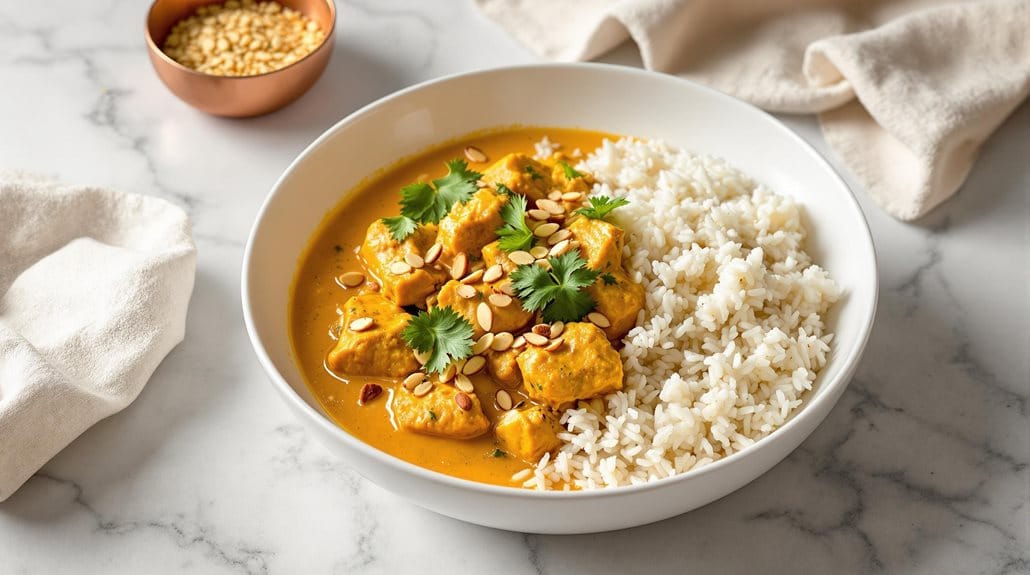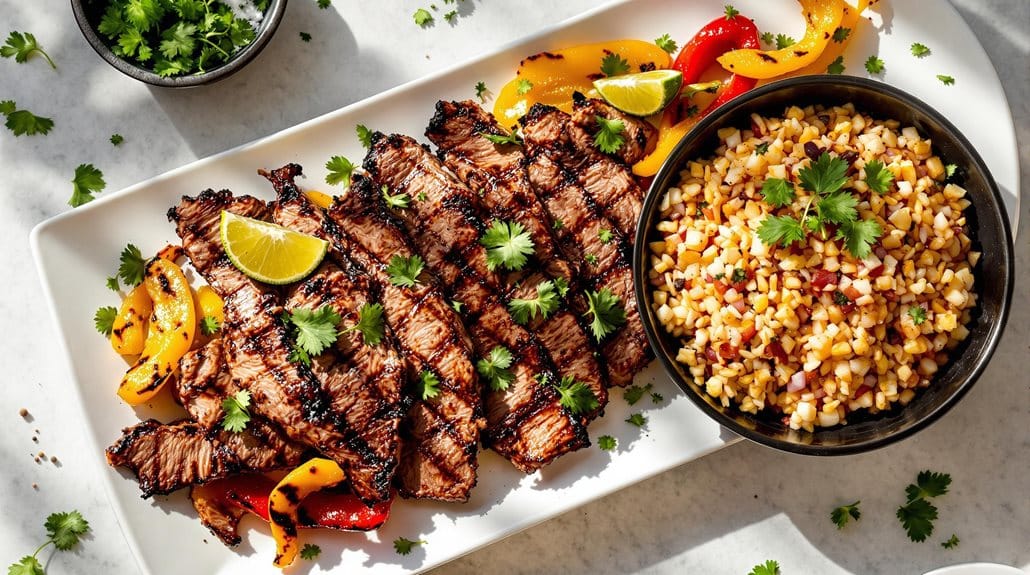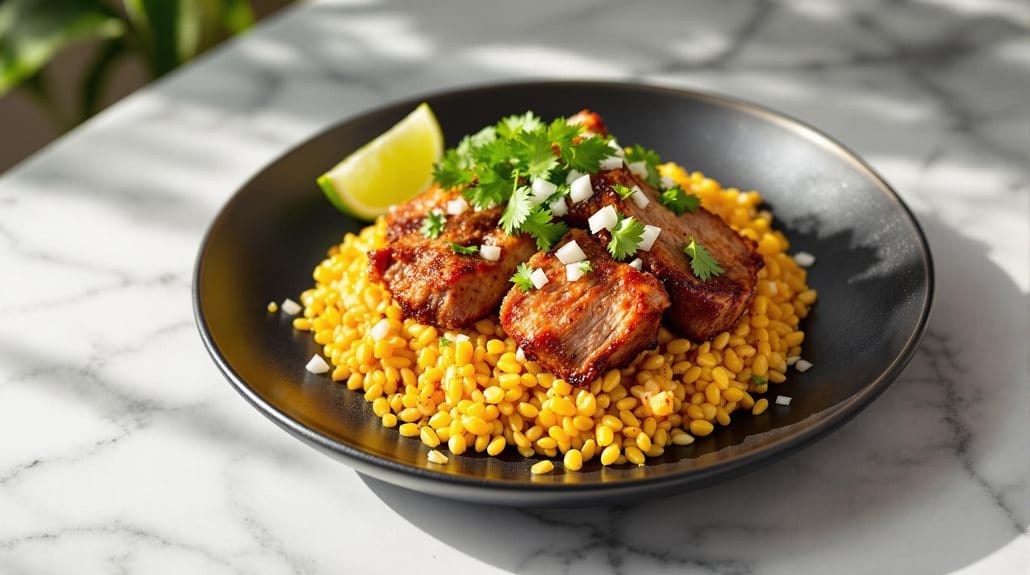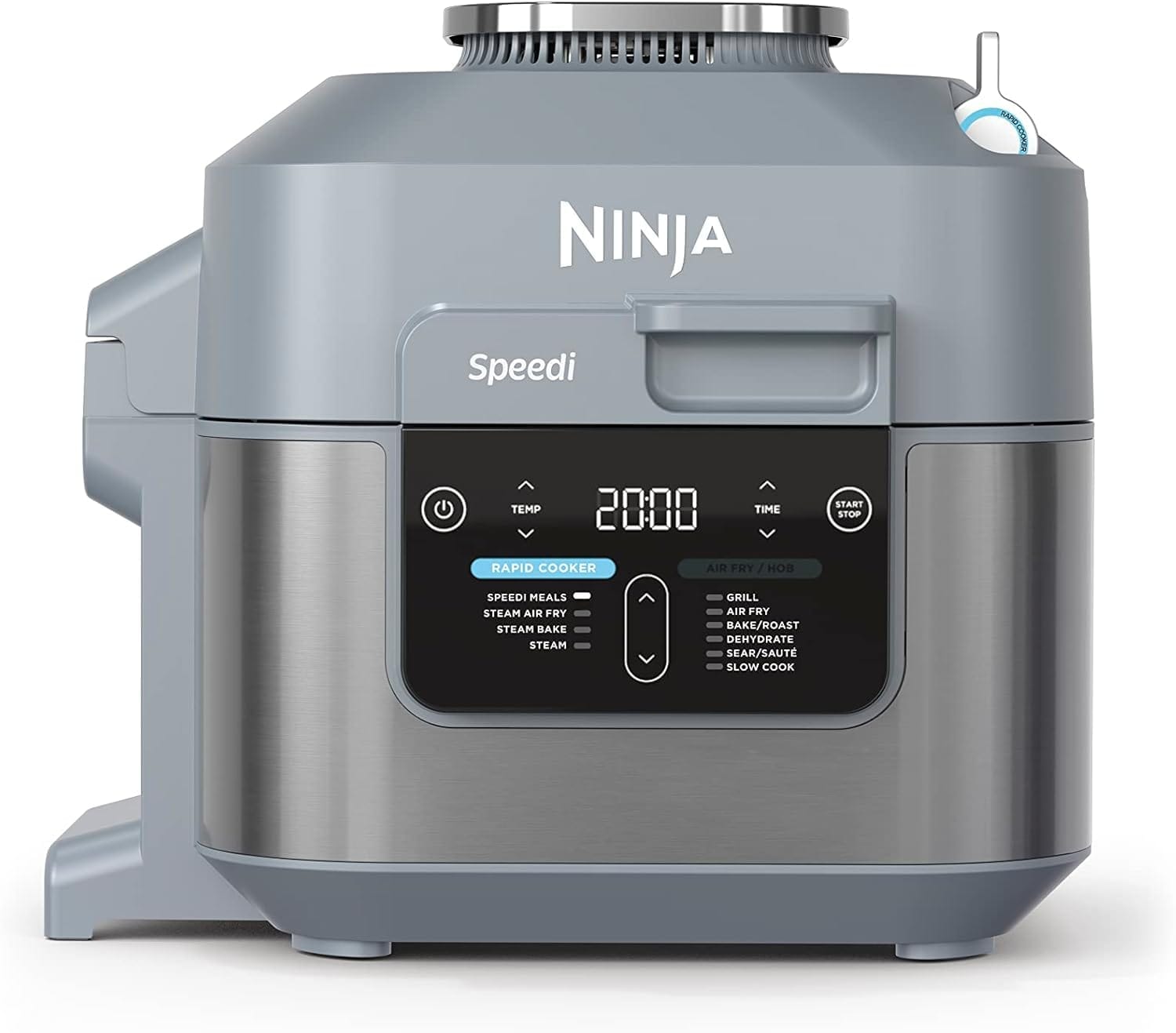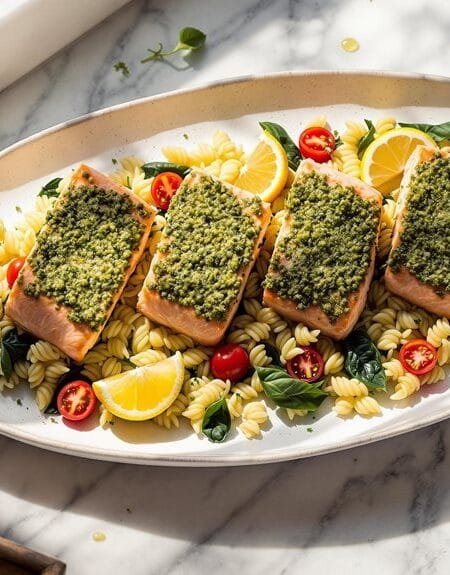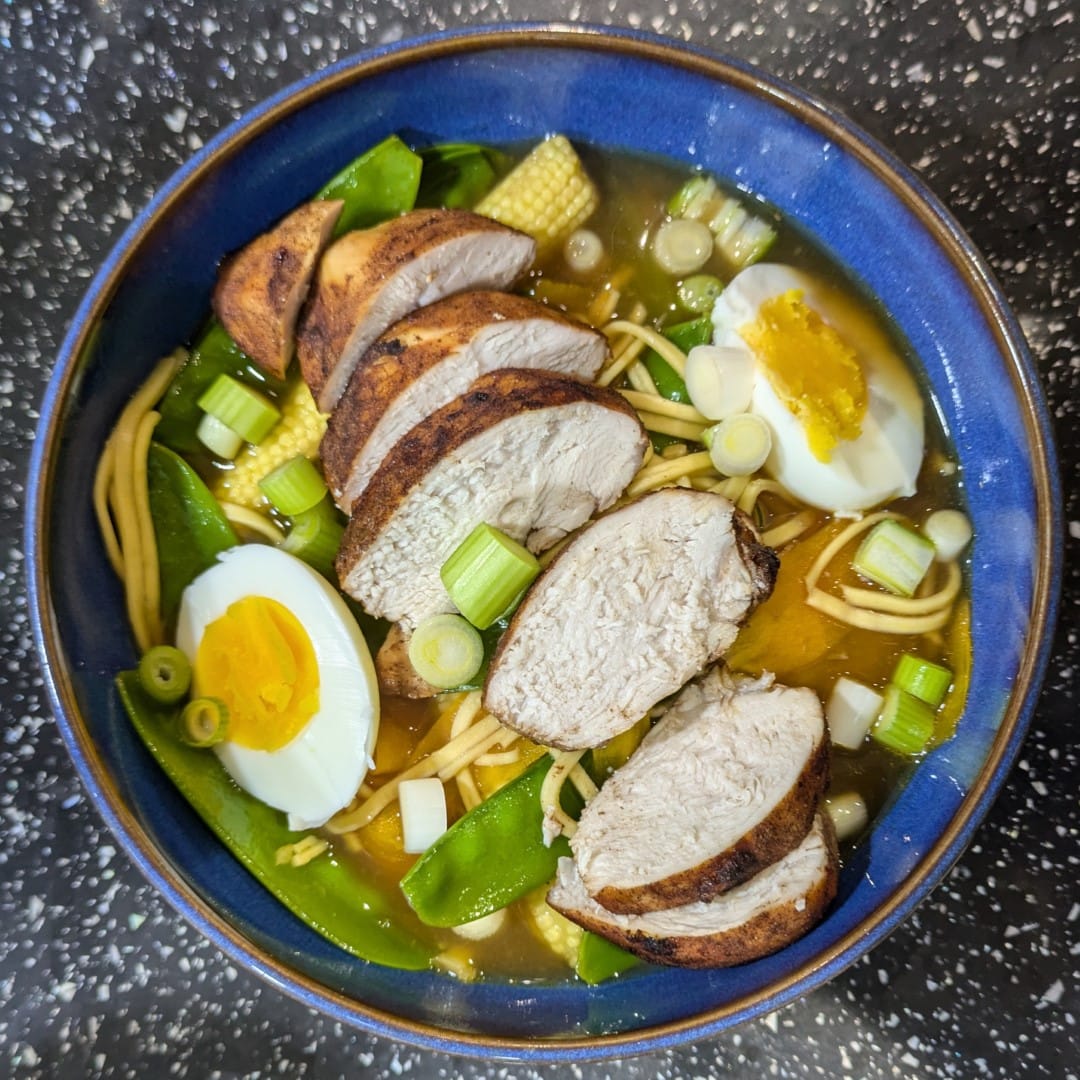| This aromatic Malaysian-inspired dish combines tender, crispy chicken with fragrant coconut rice for a restaurant-worthy meal in one pot. Perfect for busy weeknights when you crave bold Southeast Asian flavours but don’t want to spend hours in the kitchen. For the crispiest chicken results, pat the meat completely dry with paper towels before cooking and avoid overcrowding the cooking surface. |
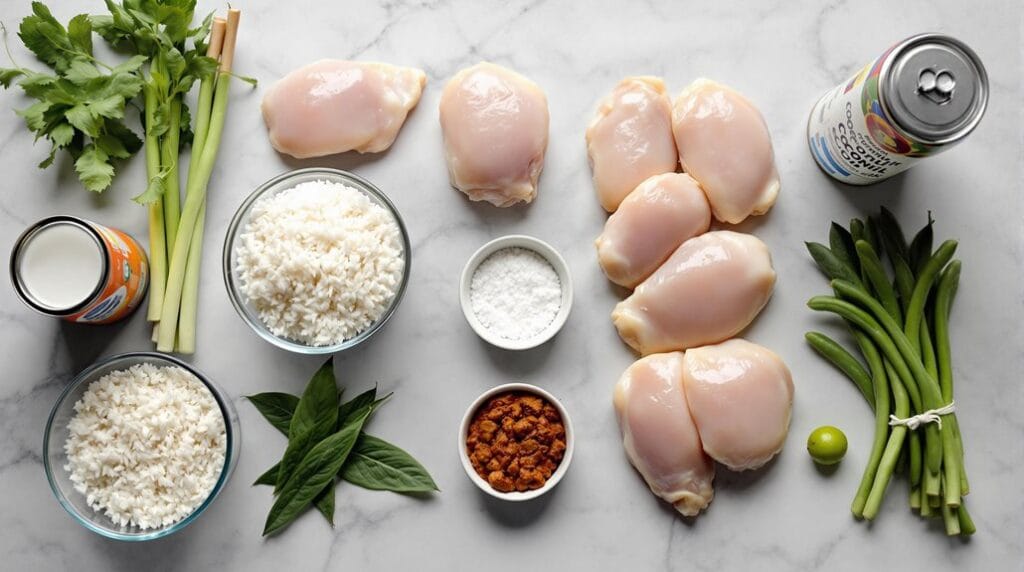
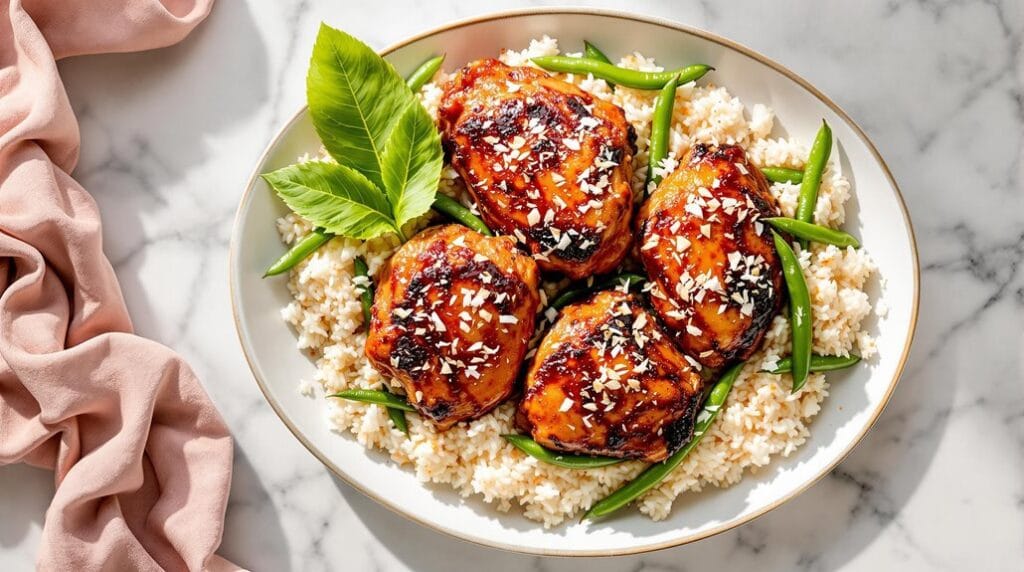
Ninja Speedi Malaysian Rendang-Style Crispy Chicken With Rice
Description
This aromatic rendang-inspired dish combines the rich, complex flavours of Malaysian cuisine with the convenience of modern cooking technology. The Ninja Speedi creates perfectly tender chicken with a crispy exterior while simultaneously cooking fragrant coconut rice beneath.
Traditional rendang typically requires hours of slow cooking, but this adapted version delivers similar flavour profiles in a fraction of the time while maintaining the signature crispy exterior that makes this dish special.
Ingredients
Instructions
Bottom Pot:
- Combine coconut milk, water, and rice in the bottom pot.
- Add lemongrass, 1 tablespoon rendang paste, and kaffir lime leaves.
- Stir well to combine.
Crisping Tray:
- Rub chicken thighs with remaining rendang paste.
- Place chicken skin-side up on the crisping tray.
- Drizzle with oil.
- Add green beans around chicken pieces.
- Set Speedi to Speedi Meals function.
- Cook at 180°C for 20 minutes.
- Remove and let rest for 5 minutes.
- Garnish with desiccated coconut and serve chicken over the coconut rice.
Nutrition Facts
Servings 4
- Amount Per Serving
- Calories 1404.53kcal
- % Daily Value *
- Total Fat 92.9g143%
- Saturated Fat 36.86g185%
- Trans Fat 0.38g
- Cholesterol 378.28mg127%
- Sodium 916.54mg39%
- Potassium 1217.3mg35%
- Total Carbohydrate 68.34g23%
- Dietary Fiber 2.62g11%
- Sugars 1.87g
- Protein 72.03g145%
- Vitamin A 107.2 IU
- Vitamin C 7.33 mg
- Calcium 89.98 mg
- Iron 9.91 mg
- Vitamin D 0.38 IU
- Vitamin E 2.63 IU
- Vitamin K 29.68 mcg
- Thiamin 0.77 mg
- Riboflavin 0.65 mg
- Niacin 21.99 mg
- Vitamin B6 1.56 mg
- Folate 50.44 mcg
- Vitamin B12 2.39 mcg
- Phosphorus 808.56 mg
- Magnesium 147.78 mg
- Zinc 6.55 mg
* Percent Daily Values are based on a 2,000 calorie diet. Your daily value may be higher or lower depending on your calorie needs.
Note
Additional Tips: For maximum crispiness, verify chicken pieces don't overlap on the crisping tray. Pat chicken pieces dry before applying rendang paste for better adherence. If the rice seems too wet after cooking, let it stand for an additional 5 minutes with the lid off. The rendang paste can be adjusted according to personal spice preference, and vegetables can be varied based on seasonal availability.


